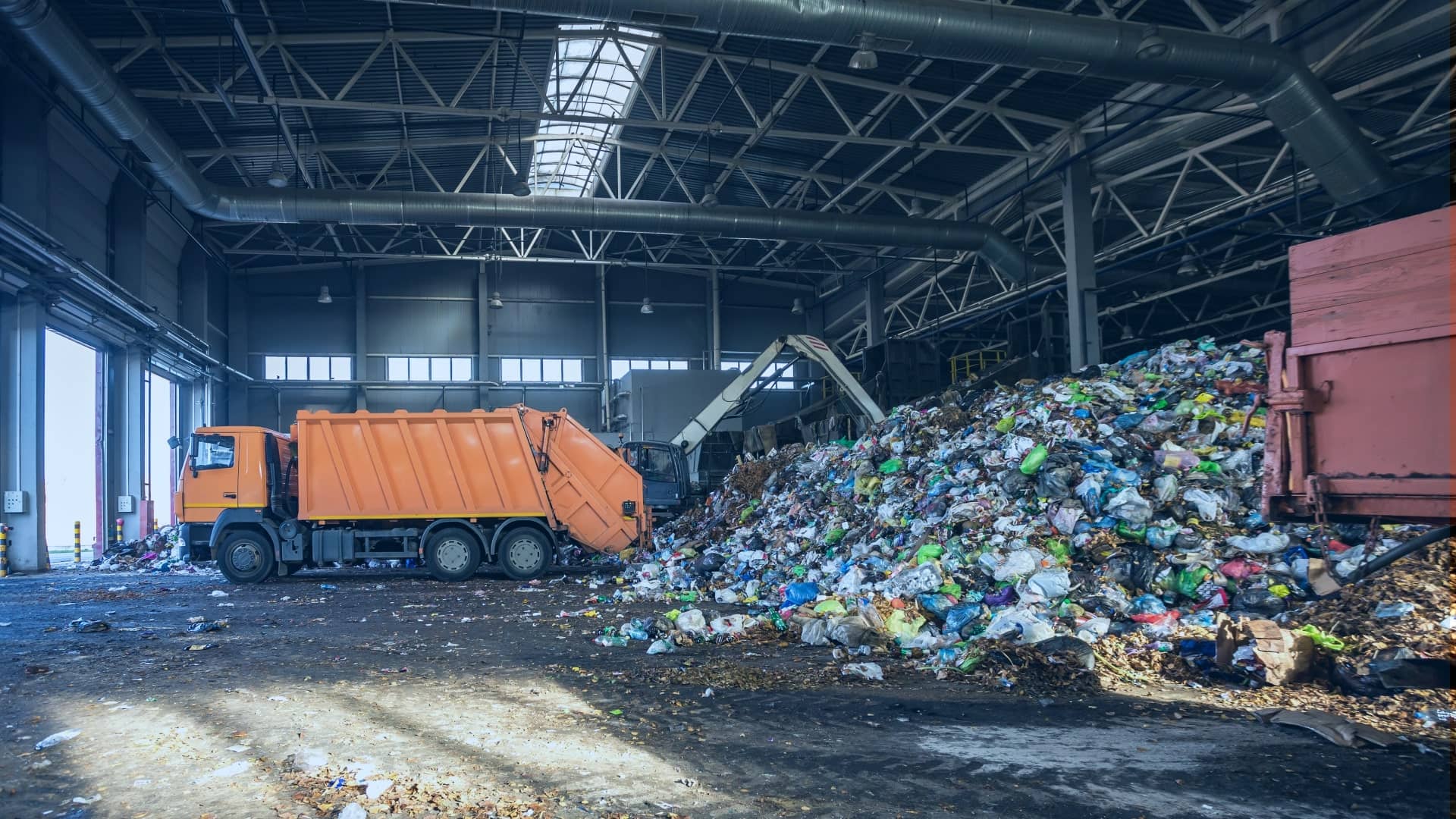Everything about Reclaim Waste
Everything about Reclaim Waste
Blog Article
The Only Guide for Reclaim Waste
Table of ContentsReclaim Waste Things To Know Before You Get ThisA Biased View of Reclaim WasteWhat Does Reclaim Waste Do?The smart Trick of Reclaim Waste That Nobody is Talking About10 Simple Techniques For Reclaim Waste
Explore the kinds, incidents, and types of liquid waste. Residential sewage waste refers to the waste and items from a residential septic system. This type of waste is created by human beings in homes, institutions, and various other buildings. This only consists of septic tanks that have a drain field. The correct monitoring and disposal of residential sewer waste require liquid waste to be transferred to a sewer treatment plant where the proper methods and equipment are related to detoxify and dispose of waste.
Industrial waste usually includes possible threats, such as combustible products or a blend of fluid and solid waste products, and calls for a more innovative and in-depth disposal procedure. The disposal of commercial waste normally entails the filtering of waste before transportation to ensure risk-free and correct disposal. Industrial waste is developed from byproducts and overflow of industrial procedures and production.
This sort of waste can not make use of the same sewer administration transport or processes as septic or commercial fluids. The commercial waste monitoring procedure needs the examination and screening of fluid waste prior to it undergoes the disposal process (liquid waste disposal). Drainage waste is the liquid waste that comes from drainage and excess stormwater in very populated locations or cities
Overflow waste can trigger contamination and flooding otherwise dealt with correctly. Find out more regarding drain cleansing and waste management. Ensuring correct waste administration can protect against disasters and minimize ecological injury. Both people in domestic setups and professionals in business or manufacturing markets can take advantage of comprehending the processes and laws of liquid waste monitoring.
Fascination About Reclaim Waste
Call PROS Providers today to find out about our waste management and disposal solutions and the appropriate means to look after the liquid waste you create.
(https://yoomark.com/content/httpsreclaimwastecomauservices)Do you understand what takes place to your water when you pull the plug, flush the bathroom or drain the washing maker? No? Well, it's worth knowing. This supposed 'wastewater' is not only a vital source but, after treatment, will certainly be released to our land, rivers or the ocean. Made use of water from toilets, showers, baths, kitchen sinks, washings and industrial processes is referred to as wastewater.

water used to cool equipment or clean plant and tools). Stormwater, a kind of wastewater, is runoff that streams from farming and city areas such as roofing systems, parks, yards, roadways, courses and rain gutters into stormwater drains, after rain. Stormwater moves neglected directly to neighborhood creeks or rivers, eventually reaching the ocean.
The Main Principles Of Reclaim Waste
In Queensland, the majority of wastewater is dealt with at sewer treatment plants. Wastewater is transferred from residential or commercial sites with a system of sewage systems and pump terminals, known as sewage reticulation, to a sewage treatment plant.
The Division of Natural Resources suggests local governments concerning handling, operating and keeping sewage systems and treatment plants. In unsewered areas, regional federal governments might require homeowners to install specific or household sewage therapy systems to treat residential wastewater from toilets, kitchens, shower rooms and laundries. The Department of Natural Resources authorizes the usage of household systems when they are confirmed to be reliable.
The majority of stormwater obtains no therapy. In some new communities, therapy of some stormwater to useful content eliminate clutter, sand and gravel has actually started making use of gross pollutant catches. Wastewater therapy takes place in 4 stages: Gets rid of solid matter. Larger solids, such as plastics and other objects mistakenly released to drains, are gotten rid of when wastewater is travelled through screens.
Utilizes small living organisms recognizes as micro-organisms to break down and remove remaining liquified wastes and great particles. Micro-organisms and wastes are integrated in the sludge.
Not known Incorrect Statements About Reclaim Waste
Nutrient removal is not available whatsoever sewer therapy plants due to the fact that it calls for pricey specialised equipment. It is becoming a lot more common in Queensland. Clear liquid effluent generated after treatment may still contain disease-causing micro-organisms. If this effluent is released right into rivers such as rivers or the sea, the micro-organisms will at some point pass away out.

Many wastewater streams into the sewerage system. Under the Act, neighborhood federal governments administer approvals and permits for ecologically relevant activities (ERAs) entailing wastewater releases that could have a local influence.
10 Simple Techniques For Reclaim Waste
Tracking offers accurate info regarding water high quality and can verify that permit problems are being met. The details obtained with monitoring provides the basis for making water high quality decisions.
Report this page